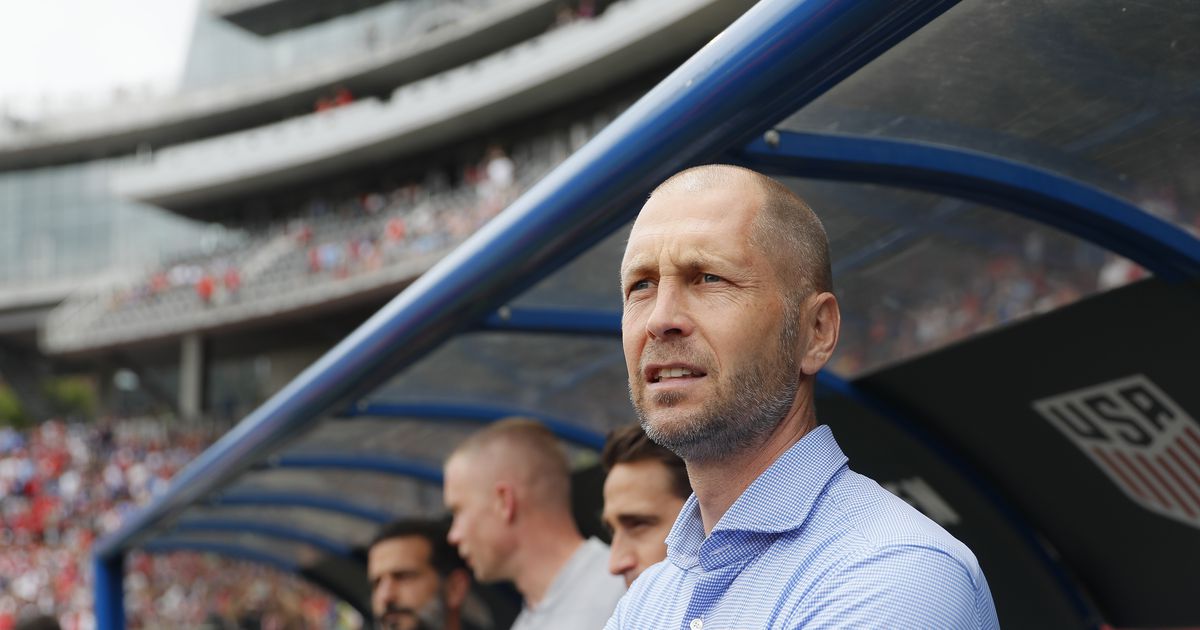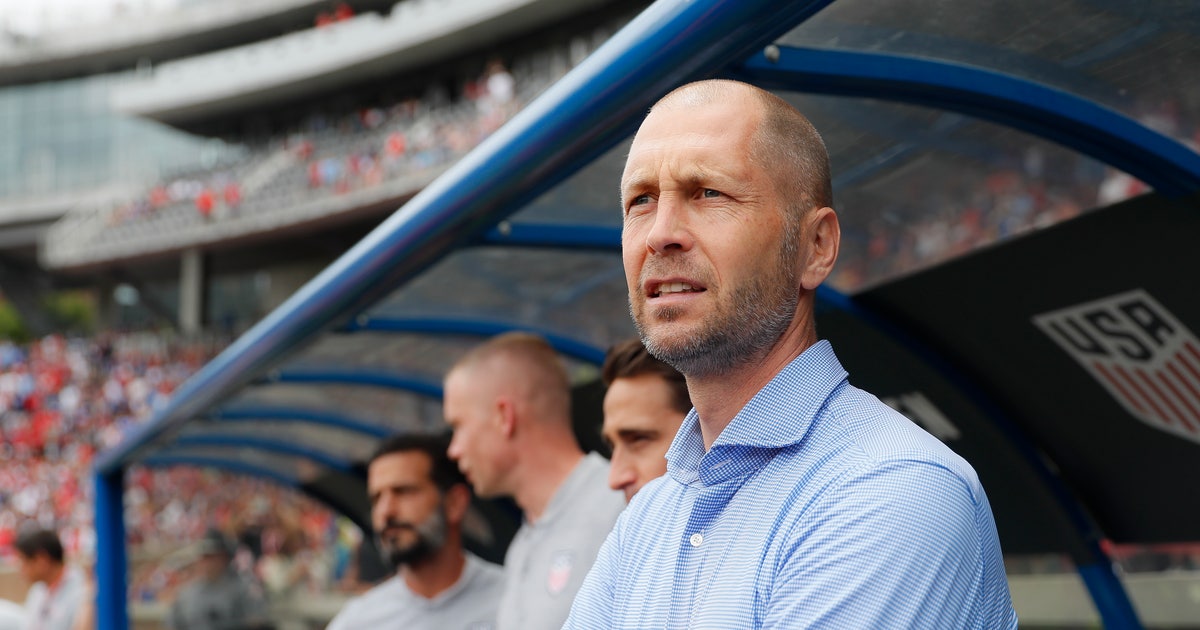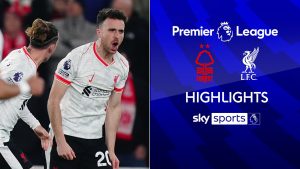For US men, Gold Cup finally brings chance for revival


BLAINE, Minn. (AP) — The overarching goal for the fledgling U.S. men’s soccer team, as frequently stated by new coach Gregg Berhalter, has been to improve the perception of this sputtering program within the cutthroat hierarchy of global soccer.
Though a strong performance in the CONCACAF Gold Cup probably won’t move the needle much, the Americans surely would benefit, simply, from winning.
Their opening game against Guyana on Tuesday night at Allianz Field in St. Paul, the new home of Major League Soccer’s Minnesota United, will mark the first competitive match for the U.S. since the infamous defeat at Trinidad and Tobago on Oct. 10, 2017, that kept the team for qualifying for the 2018 World Cup. It follows a stretch of 18 consecutive friendlies.
“There will be some nerves, but for us it’s just about continuing to make progress throughout this tournament,” Berhalter said last week after a training session at the National Sports Center in Blaine, a suburb of Minneapolis. “I think part of our profession is playing under pressure, playing in big events, and this is a great opportunity for us to learn.”
The 20-month gap between competitive games is the longest for the Americans since a 38-month span following a loss to Costa Rica on May 31, 1985, their final qualifier for the 1986 World Cup. Their next match that counted was a draw at Jamaica on July 24, 1988, their first qualifier for the 1990 World Cup.
The U.S. won the biennial Gold Cup in 2017, a sixth title in 14 editions of the championship of North and Central America and the Caribbean. Mexico, the clear favorite, has won seven such crowns.
Before any mental energy can be spent on assessing the ability to compete with their border rival to the south, though, the Americans, who are ranked 30th in the world, must advance from the group stage. On the surface, Panama (75th), Trinidad and Tobago (92nd) and Guyana (177th) don’t appear to be daunting competition, but the way the U.S. team played this month in exhibition losses to Jamaica (1-0) and Venezuela (3-0) there will be no guarantees of automatic wins. The Americans are missing injured players DeAndre Yedlin, John Brooks and Tyler Adams, all first-choice starters.
“If it doesn’t go well you can just feel that more pressure is going to build, more questions will be asked, more scrutiny will be on Berhalter and the federation, and the outside noise is only going to get louder,” said former U.S. midfielder Stu Holden, now a Fox analyst. “That’s why it’s really important that this team has a really good showing in this tournament.”
With the U.S. women leading their side of the world rankings and off to a dominant start this month in France at the Women’s World Cup , the men’s team won’t be able to avoid the comparison game. The Americans can’t mute the fan angst that has followed them for nearly two years, either, but they can at least take a meaningful step forward in the Berhalter era by displaying some potential within the pressing, possession-prioritized style he has rolled out .
“We want to progress. Of course that also means winning the games, but we want to develop our style,” midfielder Weston McKennie said. “Our goal is to make people see U.S. Soccer as something different as what they see now, probably.”
McKennie is one of the 20-year-old up-and-comers the program has staked itself to in the quest to not only return to the World Cup in 2022 but do some damage on the sport’s biggest stage. The other, of course, is Christian Pulisic , who is joining English Premier League power Chelsea from Germany’s Borussia Dortmund for a $73 million transfer fee. That is a record price for an American player.
Veterans of the national side like Jozy Altidore and Michael Bradley are still around, among just six holdovers from the roster that went to Trinidad. They are joined by Pulisic, defenders Omar Gonzalez and Tim Ream, and forward Paul Arriola on what has become a youngster’s team. Getting this team in sync, socially and psychologically, might be just as important of a task for Berhalter as with the technical implementation of his system.
“In warmups, they have to give each other high-fives,” Berhalter said. “We do team events off the field, like going to movies together and going to restaurants together. I think that’s really important to build that team chemistry.”
Now more than ever.
“Everyone right now outside has their opinions about us, and the past couple of games, and that’s perfectly fine,” forward Paul Arriola said. “For us the message stays the game, and it’s staying together as a team. That’s how you’re going to win an international tournament.”






